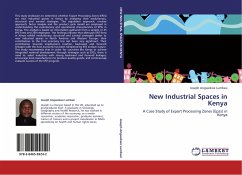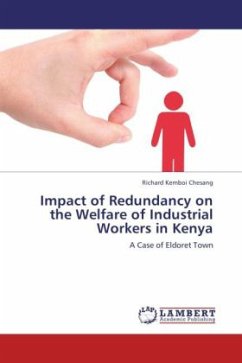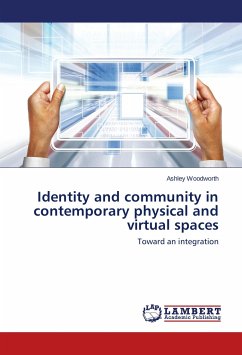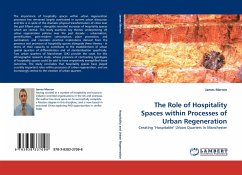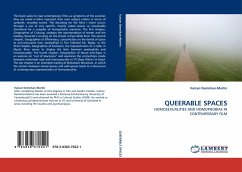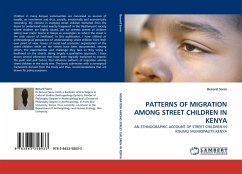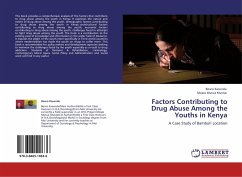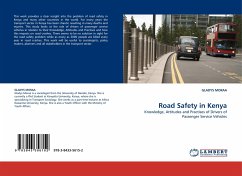This study endeavors to determine whether Export Processing Zones (EPZs) are new industrial spaces in Kenya by analyzing their evolutionary, structural and survival strategies. The regulation approach, enclave approach, factor analysis and the product cycle model are employed in understanding the evolutionary and operational characteristics of EPZs in Kenya. The analysis is based on information gathered from a sample of 25 EPZ firms and 250 employees. The findings indicate that although EPZ firms in Kenya exhibit evolutionary, structural and survival strategies similar to new industrial spaces in North America and Western Europe, their contribution to the host economy has not been very significant. Their contribution towards employment creation, backward and forward linkages with the host economy has been hampered by EPZ enclave nature. This study recommends that in order for countries like Kenya to achieve integrated national development through strategies such as EPZs, there isneed to: select industries with strong backward and forward linkages; encourage local manufacturers to produce quality goods; and continuously evaluate success of the EPZ program.
Bitte wählen Sie Ihr Anliegen aus.
Rechnungen
Retourenschein anfordern
Bestellstatus
Storno

